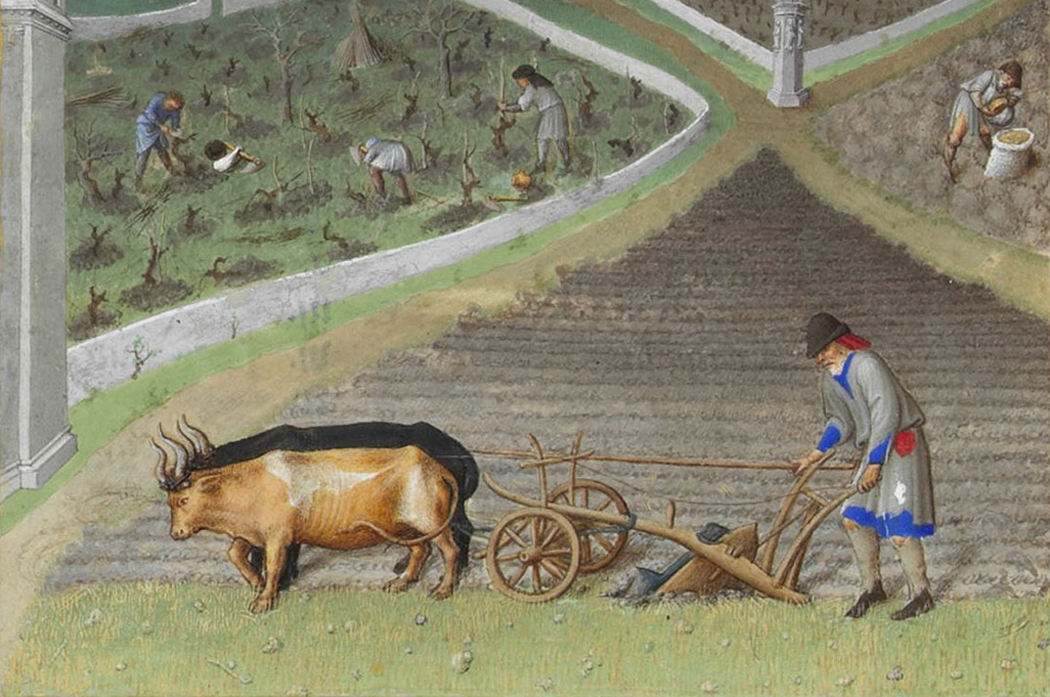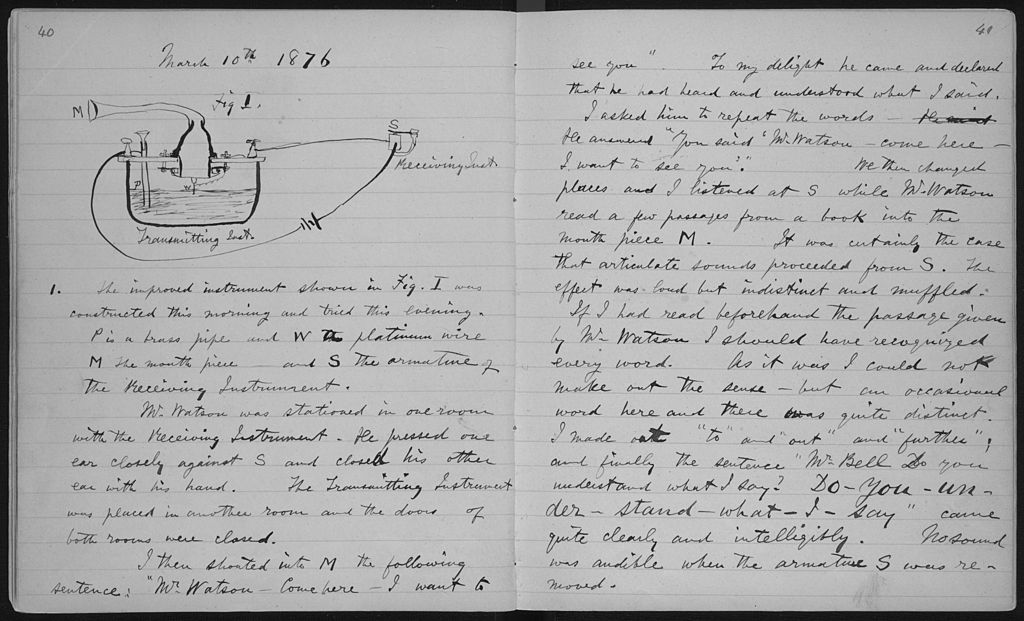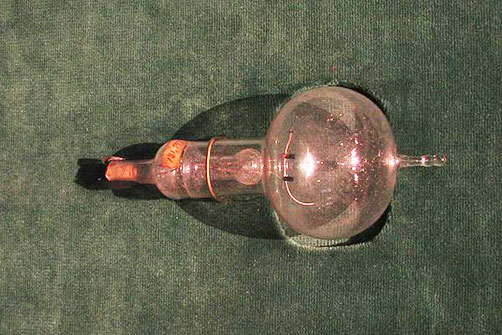History is forged in the fires of war and creativity. Throughout humanity’s timeline, there have been a select view inventions that have absolutely altered the course of history for the better, ones that propelled us forward into the future, that paved the way for creativity on top of creativity, for the spread of science and knowledge– inventions that changed everything. In this series, We’ll be taking a look at what those creations were, all the way from the wheel to the worldwide web.
The Wheel

Humanity developed the wheel much later than one might expect: sometime around 3000 BC. The earliest known record of this invention has been found in Poland. You might be surprised that such a pivotal invention was developed so late– but the wheel was, actually, impossible to make without metal tools.
Once it was created, though, it absolutely revolutionized the way humans traveled and transported things from one place to another. Long-distance trade, and, thus, long-distance communication became possible for the first time. It is, perhaps, one of the greatest achievements of human society.
The Plow

One significant factor that contributed to the stagnation of creativity and scientific discoveries during the Middle Ages was, in fact, the simple reason that everybody had to work to put food on their own table. Then the heavy plow came along and changed all of that.
The heavy plow was one of the most revolutionary agricultural inventions before the industrial revolution rolled around. It allowed farmers to prepare much larger fields for food, exponentially increasing their yield. More food produced by farmers meant less people had to farm. Less people having to farm means more time left over for things other than food production. Which means… you guessed it: the specialists of the Renaissance.
The Moveable Type Printing Press

The printing press was originally invented by China in the 14th century, but it didn’t catch on as well as it did in Europe due to the complexity of their writing system. You would need hundreds and hundreds of blocks to make it work! It just wasn’t efficient. However, in the mid-15th century, Johannes Gutenberg began experimenting in order to create an efficient method of mass-producing books, namely, the Bible.
Gutenberg not only created a moveable type printing press, but he also mechanized the transfer of the ink from the type to the paper, something the Chinese hadn’t done. His creation was revolutionary. It was the first time in history books could be mass produced. Gutenberg’s printing press opened up a whole new access to knowledge that the world had never seen before. Books began to fly around Europe, sparking not only the light for Religious Reformation as regular people got their hands on religious texts, but scientific and creative dialogue between thinkers, which, of course, just bred more scientific inquiry and discovery.
The Telephone

By the 1870s, electricity was starting to take off in the world. In 1874, Alexander Graham Bell, a Scottish instructor at a school for the deaf in Boston, Massachusetts, had the idea of transmitting the human voice by electric current. Two years later, he was granted a patent for his “telephone”. On March 10th, 1876, he managed to successfully transmit: “Mr. Watson, come here; I want you” through his new device.
Through his work, the early prototype was rapidly modified and improved. Alexander Graham Bell made the telephone commercially available, and was the first to invent the telephone industry itself. From there, a whole new level of communication opened up, and the world grew just that much smaller for mankind.
The Light Bulb

The light bulb opened up a whole new world for humanity. With the advent of electric light, work after dark suddenly became very feasible. People began staying up later, cities blazed with light just like they did during the day. In fact, it would be utterly impossible for any of us to live the lives we live today without this remarkable invention.
There actually is no one person that can be accredited with the “invention” of the light bulb. Such a device was worked on by over twenty different people. However, Thomas Edison’s incandescent light bulb is considered the first major breakthrough. He began work on it in 1878, and by 1880, the beginning of the first commercially manufactured light bulbs were flying out of factories in Thomas Edison’s company: Edison Electric Light Company.